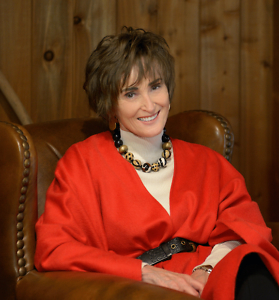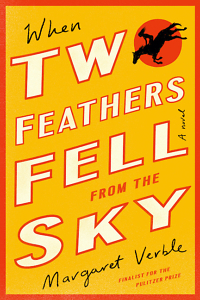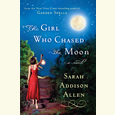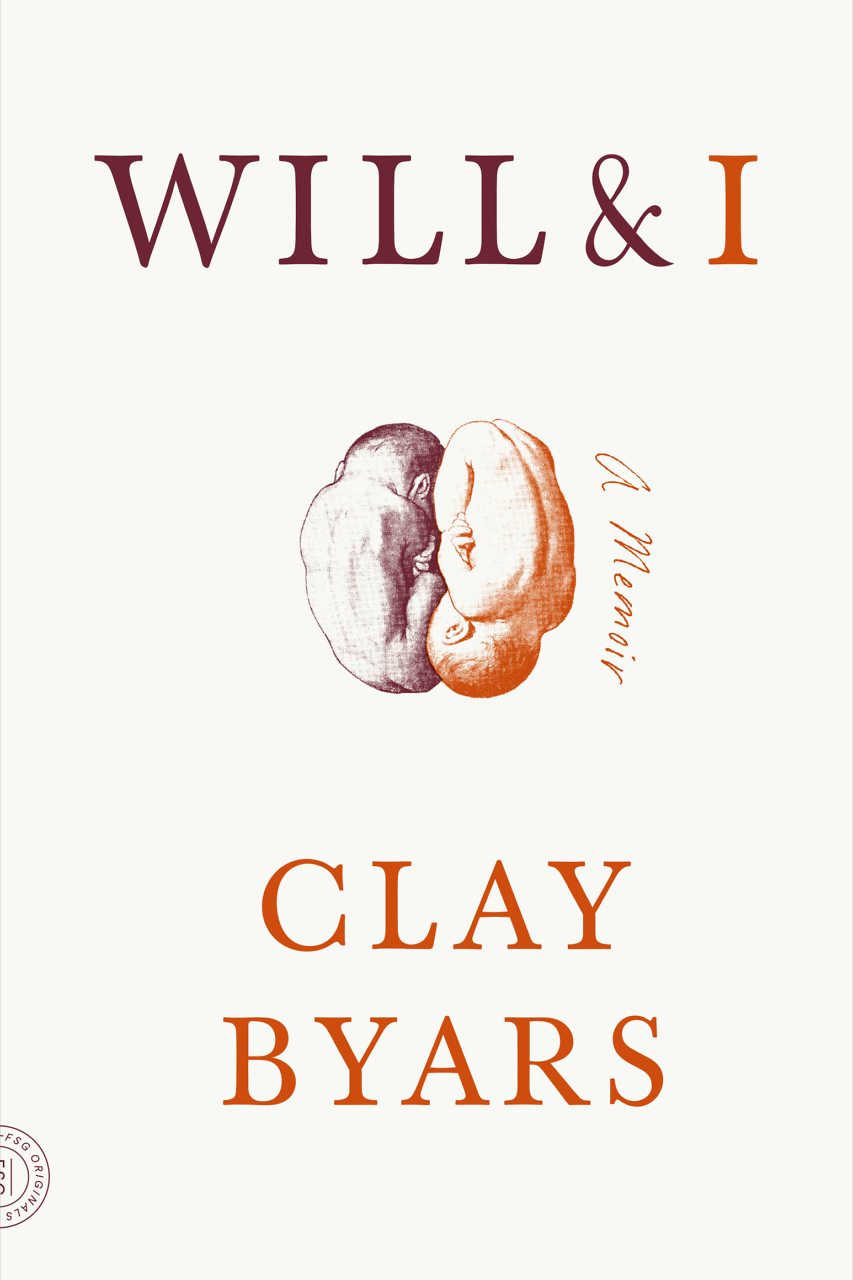Life of Two
Margaret Verble weaves the real and imagined in When Two Feathers Fell from the Sky
FROM THE CHAPTER 16 ARCHIVE: This review originally appeared on October 13, 2021. It has been updated with new publication details.
***
In a recent essay for the New York Times Book Review, the author Jonathan Lee argued that historical fiction, like other loosely defined genres, has chipped away ingrained notions of what literature should be. Critical consensus, ever mutable, now tilts its way. As Lee notes, “[I]t’s increasingly clear that the historical novel is being embraced and reinvented.” In her beguiling new Two Feathers Fell from the Sky, novelist Margaret Verble, a 2016 finalist for the Pulitzer Prize and an enrolled citizen of the Cherokee Nation, reimagines, for her own wily aims, the Nashville of a century ago, with allusions to Jim Crow, W.E.B. Du Bois’ Talented Tenth, and the city’s white gentry, including thinly disguised figures from the prominent Caldwell family. The result blends the real and the imagined, impressionistic storytelling in equipoise with harsher realities.

Two Feathers (also known as “Two”) was raised on a Cherokee allotment in Oklahoma, where she learned the Annie Oakley tools of her trade: gunslinging, lassoing, tricks in the saddle. While Verble employs a roving omniscient narrator, Two is the resilient, appealing protagonist, balancing the stirrings of her heart with the racial strictures of a white-dominant world. She’s learned her craft well: “Two was glad she had the showbiz bug. And she knew early on that she didn’t want to tend chickens, stand over boiling water canning vegetables, or cook for people. She wanted to ride horses and shoot guns.” Two aspires to be like the women “who could ride Roman style, or standing up in a saddle, or standing on their heads … or rope anything, or shoot anything, and get money and applause in return.” Celebrity pays off in many ways.
In 1926 Two is bringing the Wild West to Glendale Park, hilly acreage 8 miles south of Nashville, owned by James Shackleford, the paterfamilias of an affluent family. His pride and joy is Glendale’s zoo. A trolly ferries crowds straight from the city, and they drift from bear enclosures to monkey cages to bleachers around a pool, where Two performs a horse-diving act with her mount, Ocher, and afterwards signs autographs. Verble introduces us to a vibrant cast of zookeepers, show acts, and hangers-on: from the sisters known as the Juggling Juggernauts, who are fascinated by the evangelist Aimee Semple McPherson; to Clive, the manager with private struggles; to Crawford, Two’s close friend and the wayward son of a local high-achieving Black family. Crawford’s in love with Bonita, a Baptist girl whose father insists on a proper suitor, one with prospects. Two herself is no stranger to romance. On the rebound from a failed relationship with a botanist, she’s fallen (as the book’s title suggests) under the gaze of a white college-age hire who is part stalker, part seeker of truth.
 In short, cinematic chapters, Verble, who grew up in Nashville, beautifully evokes a circus atmosphere, spinning a yarn reminiscent of Neil Jordan’s Carnivalesque or the HBO series Carnivàle. Two meanders through Glendale’s small dramas — a sick hippopotamus, anonymous notes from an admirer, even a ghost or two. But there’s more going on. A historical reckoning unfolds, triggered by a catastrophe, when a sinkhole opens up and drains the pool mid-jump. Two and Ocher vanish into a cave that threads beneath the park.
In short, cinematic chapters, Verble, who grew up in Nashville, beautifully evokes a circus atmosphere, spinning a yarn reminiscent of Neil Jordan’s Carnivalesque or the HBO series Carnivàle. Two meanders through Glendale’s small dramas — a sick hippopotamus, anonymous notes from an admirer, even a ghost or two. But there’s more going on. A historical reckoning unfolds, triggered by a catastrophe, when a sinkhole opens up and drains the pool mid-jump. Two and Ocher vanish into a cave that threads beneath the park.
Crawford’s nimble thinking rescues the injured young woman. The narrative pivots around this moment, and Verble’s larger themes come into focus. Beneath her easy cadences and sharp-eyed social observations, a darker tale lurks, one in which race and class and the machinations of the powerful against the powerless shape the fates of her characters. Verble weaves in allusions to the Jazz Age’s real-life horrors — the Tulsa massacre, the Scopes trial, even the Osage murders explored in David Grann’s Killers of the Flower Moon — while illuminating a community’s efforts, perhaps unconscious, to build back better.
Gradually Verble fills in Two’s backstory: “Her father soon sold their allotments to a man prospecting from oil. He, at least, had gotten some money. They knew people who had been locked up and kept drunk until they signed their land over. And hundreds more had their allotments taken by whites, who went before judges to be declared Indian guardians and who pocketed the money made off crops, cattle, trees, and oil. Some Indians had even been killed outright. … Two’d heard these stories continually growing up.”
When Two Feathers Fell from the Sky is a marvel, as Verble shifts villains and victims alike. There’s a sudden murder, which jolts the novel in a new direction. The present wobbles on its axis as the past rises up in accusation. To whom does the land around Nashville belong? And who gets the final, authoritative word on justice? These are among the vexing questions Verble probes in her enthralling book. It’s a testament to her generous vision that she never gives up hope.

Hamilton Cain is the author of This Boy’s Faith: Notes from a Southern Baptist Upbringing and a frequent reviewer for O, the Oprah Magazine; the Minneapolis Star Tribune; and The Barnes & Noble Review. A native of Chattanooga, he lives in Brooklyn, New York.


